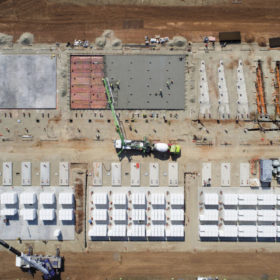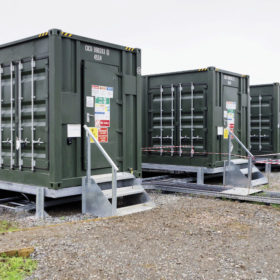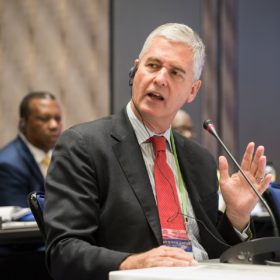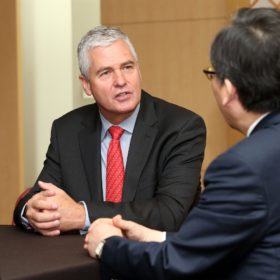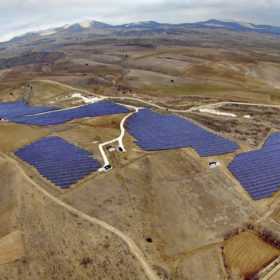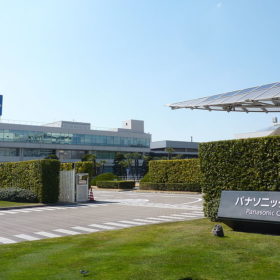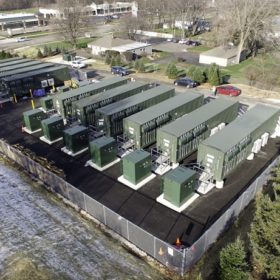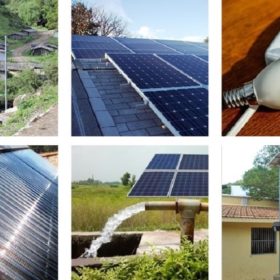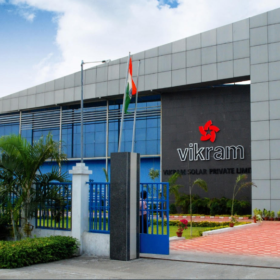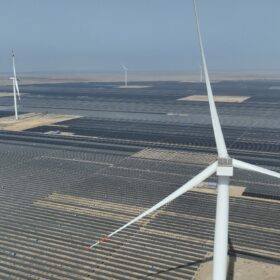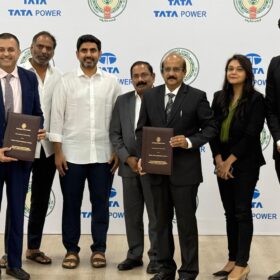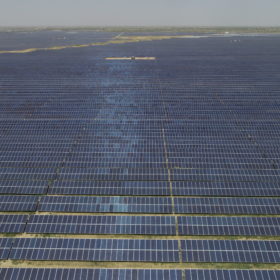Storage pipeline grows to 10.4 GW, installations reached 1.9 GW in 2017, finds IHS Markit
Analyst data records 53% annual growth in storage in 2017, rising to 1.9 GW as South Korea climbed to top of the tree in terms of cumulative capacity. Global project pipeline has soared to 10.4 GW.
Sterling and Wilson creates new hybrid and storage business, targets 1 GW installations
The Indian multinational EPC has this week unveiled a new global division that will focus on the development of power+storage hybrid solutions. The new unit will focus initially on lighting up remote islands and has an installation target of 1 GW.
Partnership with the International Solar Alliance – GGGI Interview Part II
Dr. Frank Rijsberman, Director-General, Global Green Growth Institute (GGGI), South Korea, speaks to pv magazine about his recent participation in the International Solar Alliance founding ceremony held on March 11, 2018. He mentioned that in ISA member countries, correct energy policies, and risks in the investment are critical and need to be addressed.
India is key to world’s sustainable growth – GGGI Interview Part I
Dr. Frank Rijsberman, Director-General, Global Green Growth Institute (GGGI), South Korea, speaks to pv magazine about its ventures in the Indian solar and storage market. Rijsberman outlines that the country’s growing and diversifying economy, with its ambitious renewable targets, can help to capitalize on the demographic dividend. As a result, it can become the world’s primary consumer sustainable growth market.
Fossil fuel global grip being loosened by holy trinity of affordable PV, wind and storage, finds BNEF
‘Unprecedented challenge’ for fossil fuels as low LCOE for solar and wind power, allied to tumbling storage costs, sees renewables claim a larger share of bulk and dispatchable generation while adding vital flexibility to the global energy mix.
Indian government to incentivize battery manufacturing industry
RK Singh chairs meeting with battery manufacturers, urges them to set up battery manufacturing units in India. He assures that all possible efforts from the government for setting up the facilities will be made.
Panasonic begins supply of prismatic-type automotive Li-ion batteries, unveils new storage solution in India
Panasonic’s Chinese factory has started the mass production and global supply of prismatic-type automotive lithium-ion (Li-ion) batteries. Its Indian subsidiary, Panasonic India, meanwhile has launched a new energy storage solution, CBPS 8000, for telecom towers at the Elecrama 2018 exhibition, currently taking place in India.
Berkeley Lab scientists confirm century-old theory of high performance batteries
Researchers in the U.S. have confirmed the existence of a novel state of the element manganese, first proposed in a journal dating from 1928, which could allow for the development of low-cost, high performance batteries for grid level, and other energy storage applications.
Global storage growth of 4.6% in 2017 reflects patchy state of sector, finds BNEF
Despite hitting a record 1.17 GW of new grid-scale storage capacity in 2017, growth was a mere 4.6% on 2016 having surged 61% the year prior. Industry’s reliance on policy support means foundations for growth remain uneven, report finds. Average costs, however, fell by 24% last year.
Rockefeller Foundation, Ckers Finance partner to develop India’s decentralized renewable energy sector
U.S.-based Rockefeller Foundation has partnered with cKers Finance, a New-Delhi based finance company, to help develop the decentralized renewable energy (DRE) sector in India. cKers will invest $50 million across DRE and sustainable energy portfolio in the near term.
